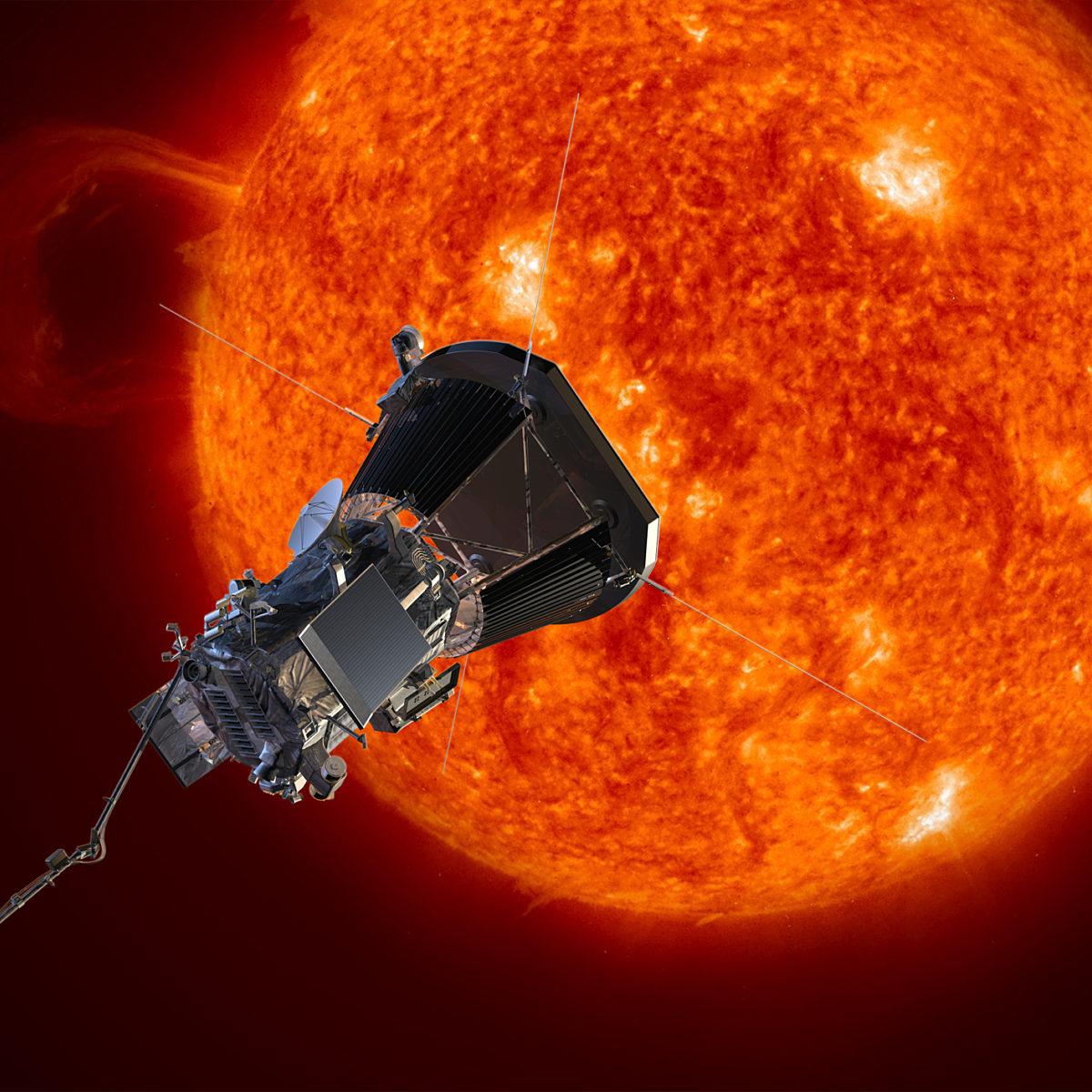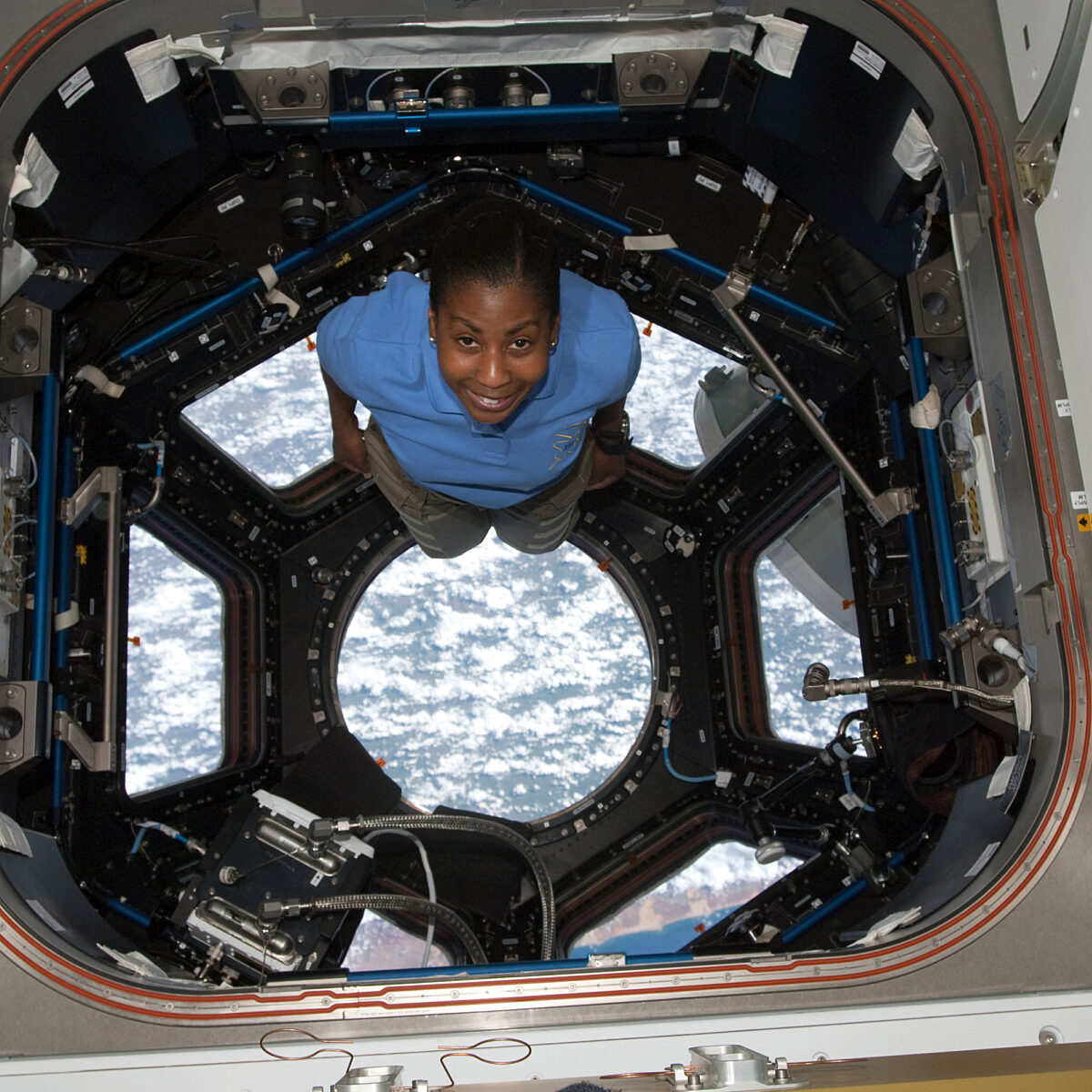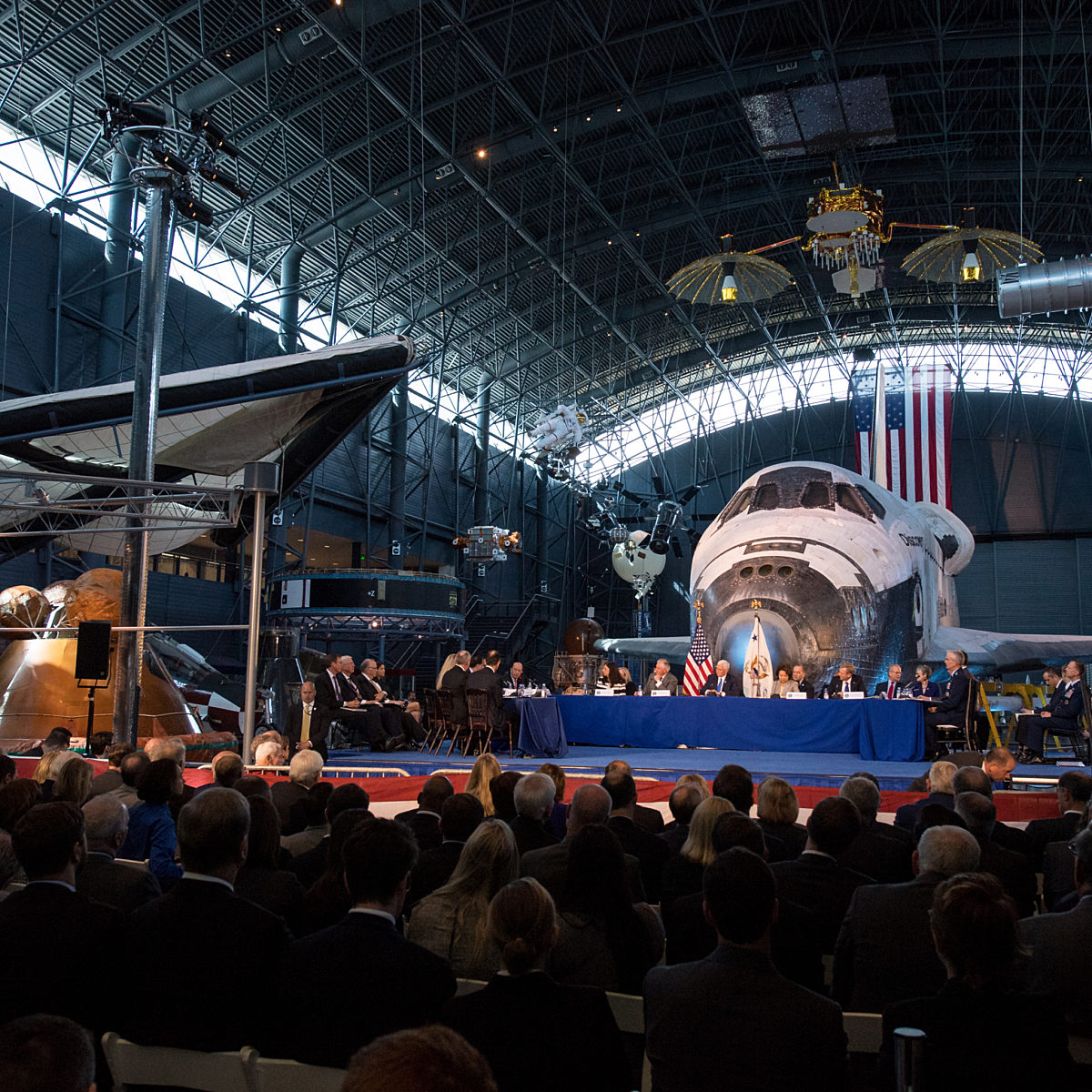Since 2002, Planetary Radio has visited with a scientist, engineer, project manager, advocate, or writer who provides a unique perspective on the quest for knowledge about our Solar System and beyond. The full show archive is available for free.
Search Planetary Radio
We explore recent solar activity and discoveries from NASA's Parker Solar Probe with Nour Rawafi, the mission's project scientist.
James Drake from the University of Maryland joins Planetary Radio to talk about the latest results from NASA's Parker Solar Probe as it soars closer to our star than any spacecraft in history.
A spacecraft has penetrated the Sun’s corona for the first time, revealing unprecedented data and capturing a mind-blowing video.
Seven Planetary Society experts and enthusiasts celebrate 2021’s many space science and exploration milestones.
Highlights of the annual gathering of leaders and experts who are building toward humans walking on the Red Planet.
NASA has given the green light to Principal Investigator Les Johnson and his team for construction of a solar sail that dwarfs all that have come before.
In spite of everything, 2020 was a good year for space exploration according to five of The Planetary Society’s experts.
18 astronauts on the Artemis Team have a shot at walking on the Moon, and Stephanie Wilson is one of them.
The National Space Council’s Scott Pace talks with Casey Dreier about the current administration’s sweeping new strategy that integrates all elements of space development and exploration.
Are we learning how to keep men and women alive on a 3-year round trip to Mars?
Casey and his guest discuss a bill working its way through the US House of Representatives that challenges the Artemis plan adopted by NASA for human exploration of the Moon and Mars.
Jay Pasachoff visits Planetary Society headquarters for a conversation about the latest edition of his and Alex Filippenko’s monumental textbook The Cosmos.
We have so much to learn about Venus, says JPL scientist Sue Smrekar. What we learn will help us understand our own world and Mars.


 Explore Worlds
Explore Worlds Find Life
Find Life Defend Earth
Defend Earth













